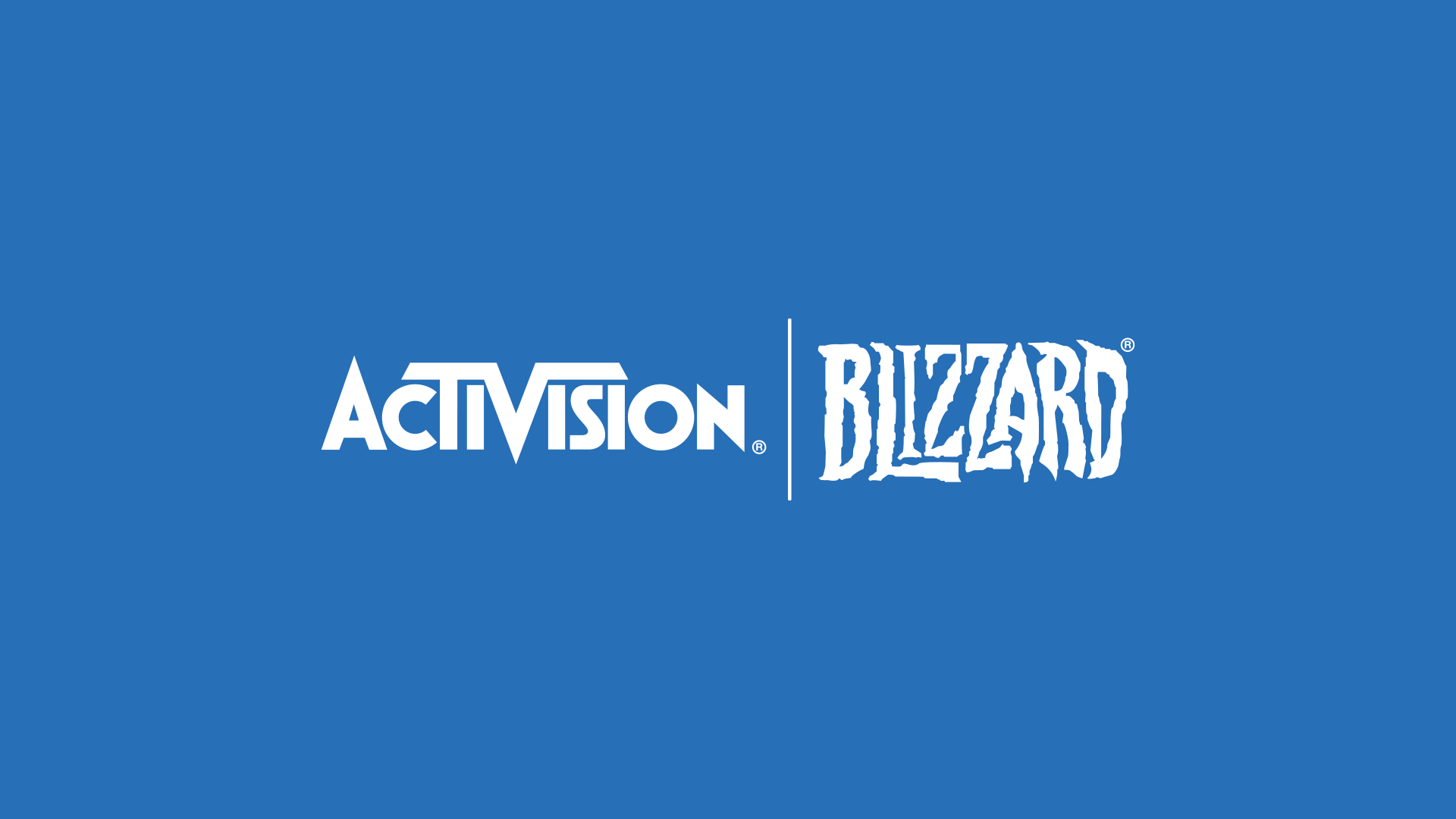In a legal setback for one of gaming’s biggest publishers, a federal jury has ordered Activision Blizzard to pay $23.4 million in damages to a small technology firm for infringing on its patented networking and broadcasting innovations.
The ruling, handed down on May 3rd after a nine-year court battle, found that Activision improperly used two separate patents owned by Acceleration Bay LLC related to online multiplayer systems and audience broadcast viewing. According to the jury, this patented technology was implemented in Activision’s wildly popular World of Warcraft and Call of Duty franchises without proper licensing.
The sizeable $23.4 million penalty breaks down to $18 million for the patent violations in World of Warcraft, and an additional $5.4 million tied to infringements across two unspecified Call of Duty titles.
While Activision has vowed to appeal the verdict, alleging it has “never used the patented technologies at issue,” the jury’s decision represents a hard-fought win for the tiny firm Acceleration Bay after close to a decade of litigation.
The two-part judgment arrived after jurors determined that Acceleration Bay had successfully proven, “by a preponderance of the evidence,” that Activision’s major multiplayer titles did indeed improperly utilize the networking and broadcasting patents in question. Jurors were then tasked with determining a reasonable compensatory sum.
For its part, Acceleration Bay has also lodged similar patent infringement suits against gaming heavyweights Take-Two Interactive and Electronic Arts, though the fates of those cases remain unclear.
The stiff multi-million dollar penalty underscores the challenges major publishers face in an intellectual property landscape dense with innovations related to online infrastructure, multiplayer systems, and emerging broadcasting technologies. As gaming’s biggest titles grow ever more reliant on these foundational components, conflicts over proprietary patents appear poised to escalate.
Activision’s declared intent to appeal sets the stage for a protracted legal battle. But the initial judgment serves as a potent reminder that even industry titans are not immune from potential costly missteps when implementing third-party patented technologies in their multiplayer ecosystems.
As the publisher weighs its next legal maneuvers, the case exemplifies a rapidly evolving digital arena where protecting intellectual property from infringement could prove as vital a multiplayer battleground as the virtual arenas where these technologies are deployed.
